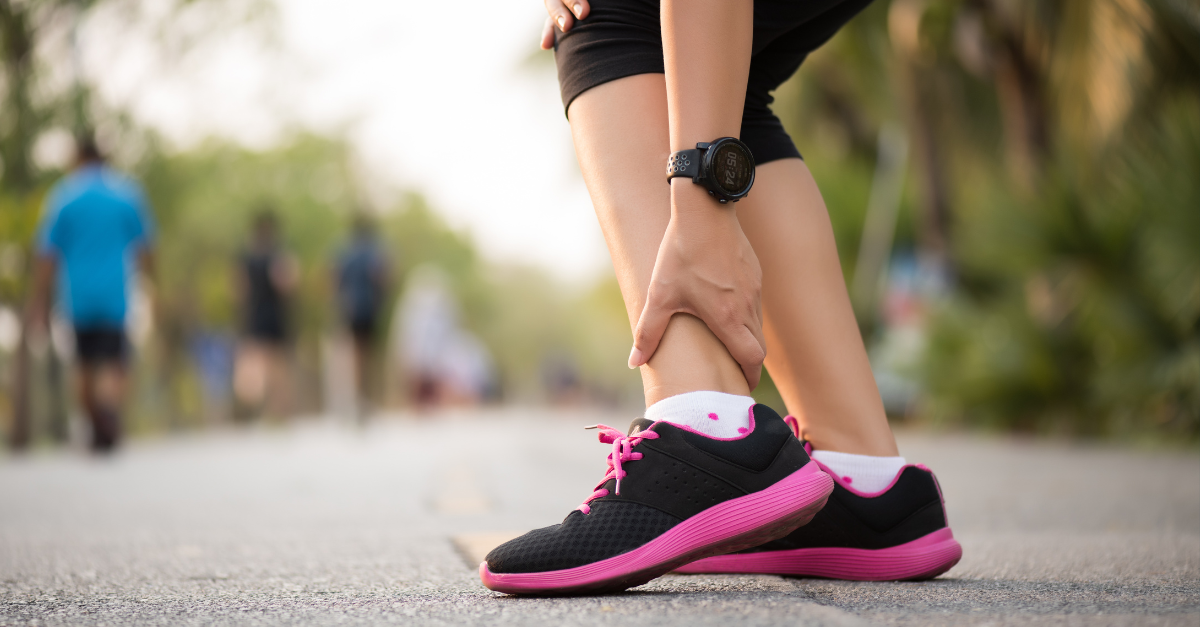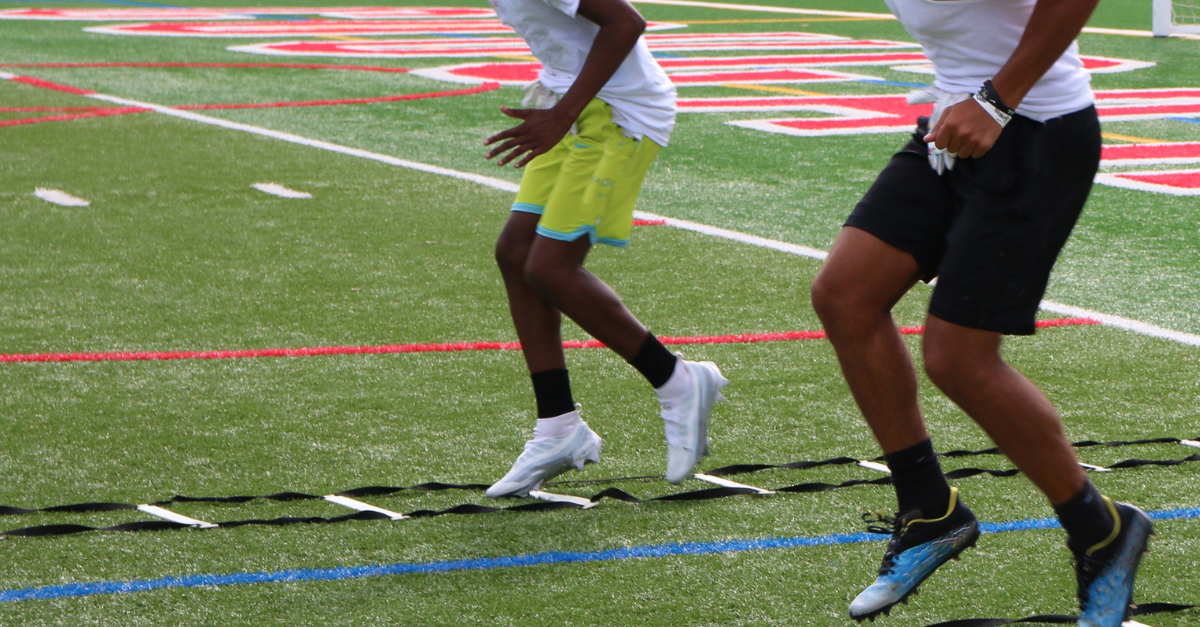The Importance of a Proper Warm-Up in Sports
Tuesday, July 16, 2024
Often, a warm-up is conducted in a way that is insufficient, improper or completely neglected. As a result, athletes incur injuries like muscle strains, sprains and overuse injuries which can be preventable. These injuries are all preventable when understanding the guiding principles of a proper warm up. A good warm-up prevents injuries by allowing the body to properly prepare itself for the demands of the sport. Keep reading to learn the benefits of a proper warm up.

The Principles of a Good Warm-Up:
The aim of a warm-up is to raise the body's core temperature, increase heart rate and challenge respiratory rate. A warm-up should create these physiological changes gradually, by increasing the intensity of the warm-up slowly to meet the level that mimics the intensity of the exercise following subsequently. A warm-up must focus on all the major and large muscles and mobilise key joints of the body. These movements are dynamic, with some being lunges, squats, leg swings and arm circles. Additionally, a component of the warm-up must resemble the type of activity in the sport. For example, a basketball player may start by jogging while progressively increasing the intensity and then integrating short sharp bursts of running with changes in direction. Lastly, to incorporate all these principles gradually and to achieve the physiological benefits mentioned, a warm-up should be between 10-15 minutes long.

Why warming up prevents injury:
To understand why a warm-up prevents injury, it is important to understand what happens to the body at a physiological level. As discussed previously, a warm-up aims to increase the body's core temperature, heart rate, cardiac output, respiratory rate and blood flow to the muscles being used.
At a cellular level, it causes the liver to release glucose into the blood which then allows blood glucose to easily enter the muscles for energy production. Increasing body temperature consequently increases joint mobility, decreases the risk of injury and enhances the speed at which the chemical reactions form ATP aka the "energy currency" occur in the body. With the increasing blood flow to the muscles, it primes the muscle to reduce the risk of tears and strains. Additionally, with more blood flow through active tissue, waste products including lactic acid produced by the body during exercise are minimised and reduces the effects of post work-out soreness

The skill development benefits of a proper warm up
A key benefit often underestimated from a warm-up is the mental preparation that occurs as the brain is guided to focus on the body and its physical activity through specific movement patterns. As a result, technique, coordination and skill are enhanced. A proper warm-up will include an element of skill practice that resembles the sport or physical activity that is about to be performed. For example, a soccer player should perform some dribbling ball skill practice in their warm-up prior to playing a game.
Activity specific warm-ups also improve nerve firing, which is important for the coordination and development of new skills. The quicker the nerve fires from the brain to the muscles, the quicker the response time and reaction time, therefore enhancing overall performance. By improving neuromuscular activities, a warm-up also enhances motor skills such as balance and agility.

Now that you have the basics on how to conduct a proper warm-up and a solid understanding of the benefits of it regarding mental preparation, skill acquisition and injury prevention, aim to incorporate a specific, relevant and timely warm-up into your routine. At Physio Inq, movement is the foundation for our preventative and rehabilitation programs. If sustaining an injury from sports, physiotherapists can guide you towards conducting a proper and tailored warm-up. If you are experiencing pain related to your sport or physical activities, Physio Inq can help!
We have a team of Physiotherapists and In-home Physiotherapists and Exercise Physiologists all across Australia that can assess you on the best course of action to take. Contact us by phone at 1300 731 733 or find a location nearest to you to get started.

